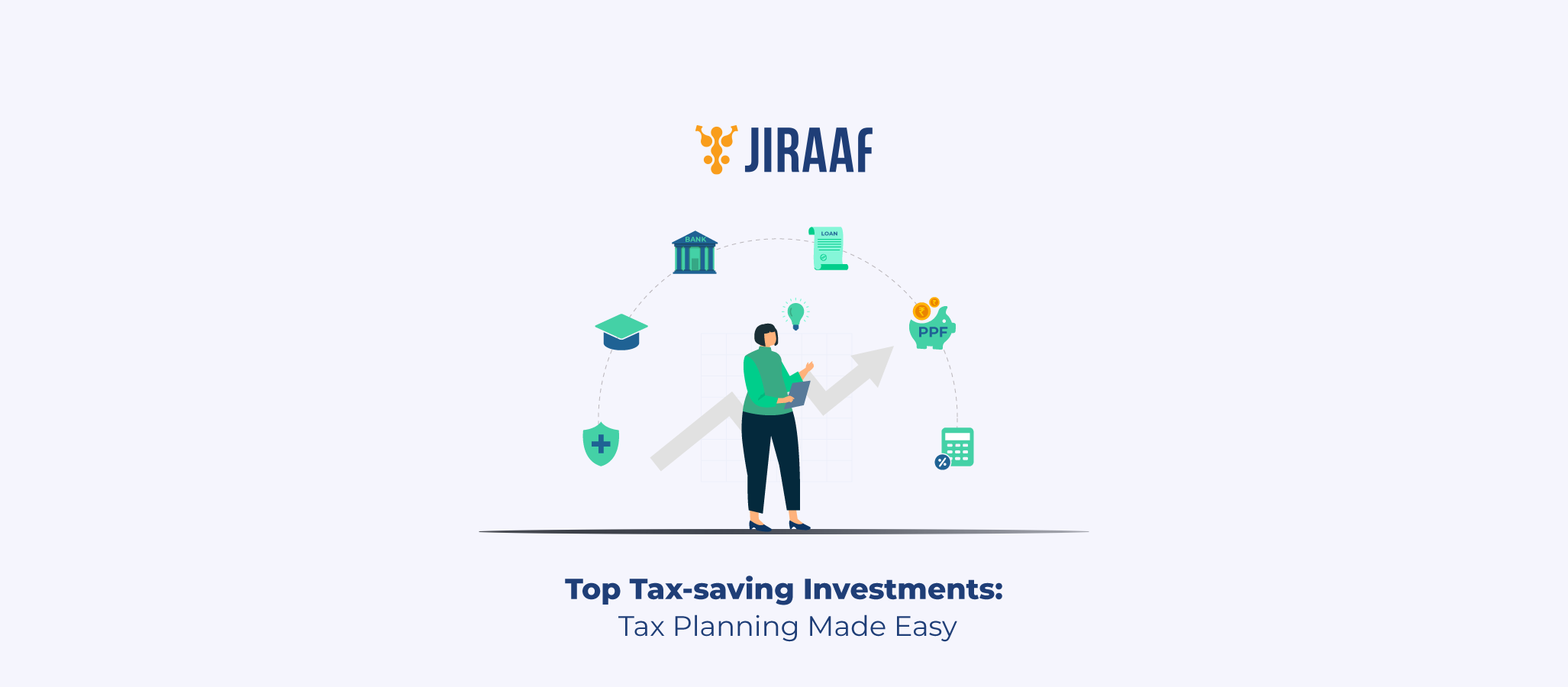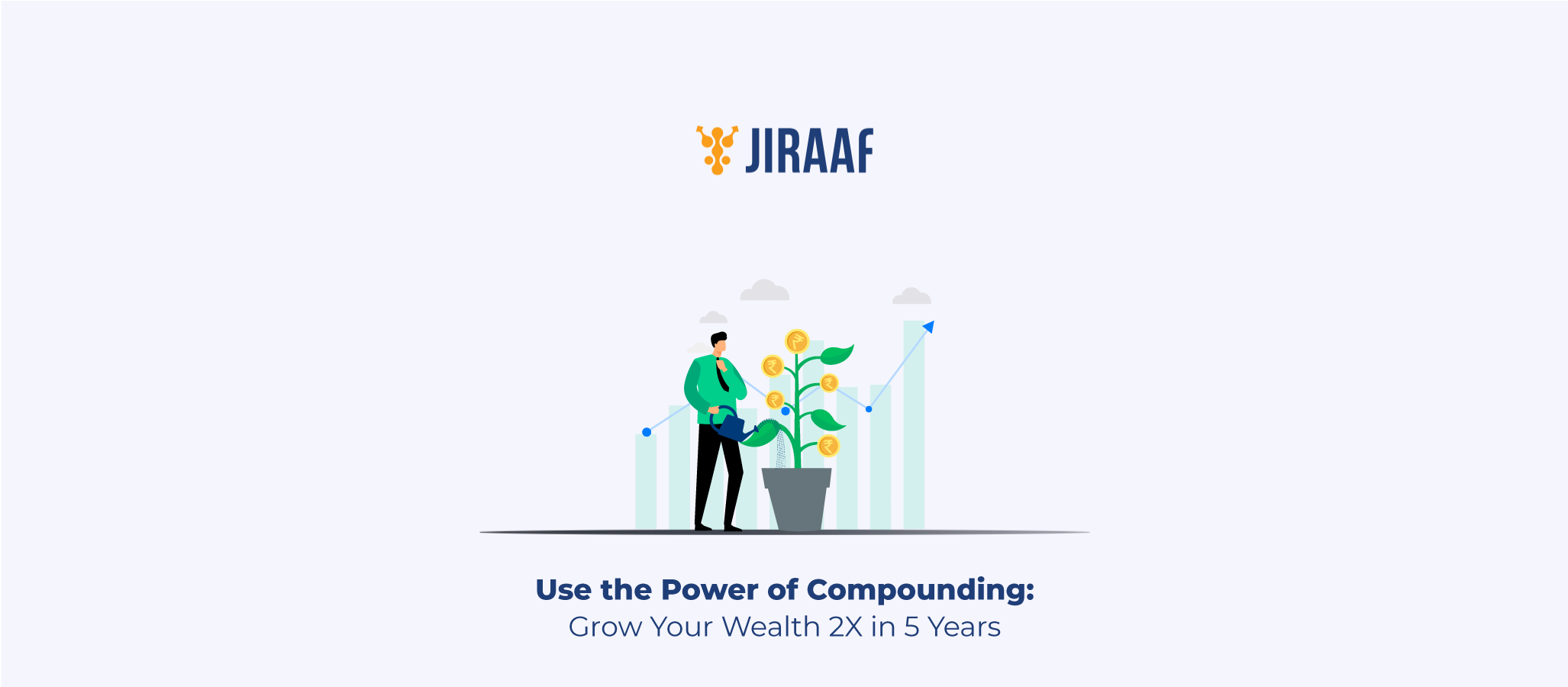The term “capital market” might seem overwhelming at first, especially with various entities and roles involved. However, breaking down these concepts can simplify the process and help you navigate investments more effectively. Let’s explore the essential elements of capital markets to help you make informed decisions.
What is Capital Market?
Capital market is a financial market in which long-term debt or equity-backed securities are bought and sold.
How do Capital Markets Work?
Capital markets function as a bridge between those who need capital, such as companies and governments, and those who have money to invest. Entities seeking funds issue securities like stocks or bonds in the primary market. These securities are then bought and sold on secondary markets, such as stock exchanges, prices might fluctuate based on supply and demand. Financial intermediaries like investment banks and brokers facilitate these transactions and provide liquidity. Overall, capital markets efficiently channel resources, enabling businesses to grow and offering investors opportunities for returns.
Types Of Capital Markets
Primary Market:
• This is where companies or governments issue new stocks or bonds to investors for the first time, such as in an Initial Public Offering (IPO)
• Investors buy these securities to own a piece of the company (stocks) or lend money to the issuer (bonds) in exchange for interest
Secondary Market:
• Once issued by the primary market as IPO, stocks or bonds are bought and sold between investors on stock exchanges like NSE and BSE
• In the secondary market, prices fluctuate based on factors like company performance or market conditions, allowing investors to potentially make profits
Intermediaries:
• This refers to brokers and investment banks who help connect investors with companies and manage the buying and selling of securities
Importance of Primary and Secondary Markets in India
Primary Market Role:
- Promotes Entrepreneurship: Encourages new businesses to go public, offering them the opportunity to scale up and diversify
- Wealth Creation for Investors: By participating in Initial Public Offerings (IPOs) or bond issuances, investors can potentially benefit from early growth opportunities
- Supports Economic Development: Funding obtained in the primary market is often channeled into sectors like infrastructure, healthcare, and education, driving national development
Secondary Market Role:
- Liquidity for Investors: The secondary market provides an easy exit option for investors, allows them to buy and sell securities quickly and efficiently
- Price Discovery: Through constant trading, the secondary market helps in determining the real-time market value of securities, ensuring transparency
- Encourages Investment: Since investors can sell their securities at any time, this instils confidence in investing in the primary market
Objectives of Capital Markets
- Wealth Generation: Capital marketoffers investors opportunities to grow their wealth through dividends, interest, and asset appreciation
. - Resource Allocation: Capital market channel funds to sectors and companies that promise high returns, driving innovation and expansion
. - Liquidity: Capital markets enable the easy exchange of securities, allowing investors to convert investments into cash as needed
.
Components of Capital Market
Market participants consist of various players who contribute to the operation of the capital market:
- Investors: This could include individuals or institutions who contribute capital for returns.
- Issuers: Companies and governments.
- Brokers and Dealers: Intermediaries who facilitate buying and selling of securities.
- Investment Banks: Helps organisations raise capital through underwriting and issuing new securities.
Capital Market Instruments:
- Regulators:
o Securities and Exchange Board of India (SEBI): Primary regulator
o Reserve Bank of India (RBI): Oversees debt markets
o Insurance Regulatory and Development Authority (IRDA): Regulates insurance business in India - Stock Exchanges:
o National Stock Exchange (NSE)
o Bombay Stock Exchange (BSE) - Debt Market:
o Government securities market
o Corporate bond market - Mutual Funds:
o Asset Management Companies (AMCs)
o Various fund categories (equity, debt, hybrid, etc.) - Insurance Companies:
o Life Insurance Corporation (LIC) and private insurers
o General insurance companies - Pension Funds:
o National Pension Scheme (NPS)
o Employee Provident Fund (EPF) - Foreign Institutional Investors (FIIs) and Foreign Portfolio Investors (FPIs)
- Investment Banks and Merchant Bankers
- Brokers and Sub-brokers
- Depositories:
o National Securities Depository Limited (NSDL)
o Central Depository Services Limited (CDSL) - Credit Rating Agencies:
o CRISIL, ICRA, CARE, etc. - Venture Capital and Private Equity Firms
Functions of Capital Market
The capital market performs several essential functions beyond just facilitating transactions. It helps with price discovery, where the market determines the value of securities based on supply and demand dynamics. Capital markets also provide liquidity, allows investors to buy and sell securities with ease, which makes it simpler to convert investments into cash. Additionally, they offer transparency, as regulated trading platforms ensure that market participants have access to important information, promoting fair practices and confidence. These functions collectively support economic stability and growth by efficiently channeling funds and enabling informed investment decisions.
Investment Options in Capital Markets
Investors can choose from a range of investment products to meet their financial objectives:
- Equity Investments: Investors can buy stocks to gain ownership in a company and benefit from capital gains and dividends
. - Debt Investments: This referred to investments in bonds to earn regular interest income
- Mutual Funds: Diversifies funds that pool investments across a range of securities
- Exchange-Traded Funds (ETFs): Similar to mutual funds but traded like stocks, ETFs provide liquidity and diversification
Importance of the Capital Market in the Economy
Adapting to Economic Changes
The ability of businesses to raise funds through capital markets allows them to adapt more quickly to economic shifts and challenges, contributing to overall economic resilience
Market Depth
A well-developed capital market provides a broad range of investment opportunities, catering to various investor needs and preferences. This depth supports diverse investment strategies and contributes to market stability
Supporting Startups and SMEs
Capital markets offer funding opportunities for startups and small to medium-sized enterprises (SMEs) that might not have access to traditional bank financing. This support helps in nurturing innovation and creating new job opportunities
Attracting Foreign Investment
A robust capital market attracts foreign investors seeking to invest in high-growth opportunities. This influx of international capital enhances the global competitiveness of a country’s financial system and economy
Bottom Line: Capital Market
Capital markets are essential to a well-functioning financial system. Understanding their components and functions helps you make informed investment decisions and aligns your financial goals with broader economic growth. By staying knowledgeable about capital markets, you can strategically position yourself to benefit from potential returns and contribute to economic development.
Discover fixed income investments with Jiraaf, a SEBI registered online bonds platform that educates and brings access to a wide array of bonds. Sign up today to explore diversified fixed income investment opportunities to support your goal-based wealth creation journey. Start investing!




